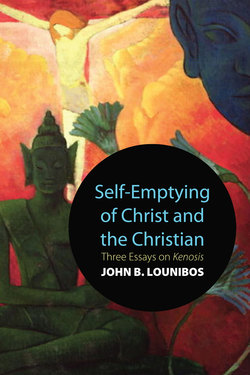Описание книги
This collection wrestles with a profusion of questions about kenosis. What is the original meaning and purpose of the self-emptying of Jesus? How can today's Christians emulate it, replacing our own selfish designs with the mind of Christ? How is the current interest in «servant leadership,» as a model in the modern church, related to the self-sacrificing servant of Philippians 2? Does this practice have any meaning in our present secular age? Does it imply deconstructing the content of Christian faith and morals in contemporary culture? Is it a possible bridge between Eastern and Western spiritual traditions?
Using the key theme of Jesus' emptying of himself in the Philippians hymn, John Lounibos explores the mysteries of kenosis in three strikingly different essays. The first, using extensive exegesis of the text, opens up the poetic, theological, and spiritual depths of this Christian mystery. The second essay establishes a philosophical grounding for kenosis in the work of Paul Tillich on the estrangements of finite human freedom. The third enters into dialogue with the Buddhist tradition and its intriguing notions of «nothingness» and «no-self.» The attentive reader will be rewarded with a wealth of information and insights for further reflection and personal application.
Using the key theme of Jesus' emptying of himself in the Philippians hymn, John Lounibos explores the mysteries of kenosis in three strikingly different essays. The first, using extensive exegesis of the text, opens up the poetic, theological, and spiritual depths of this Christian mystery. The second essay establishes a philosophical grounding for kenosis in the work of Paul Tillich on the estrangements of finite human freedom. The third enters into dialogue with the Buddhist tradition and its intriguing notions of «nothingness» and «no-self.» The attentive reader will be rewarded with a wealth of information and insights for further reflection and personal application.
